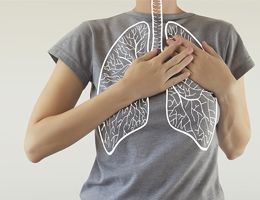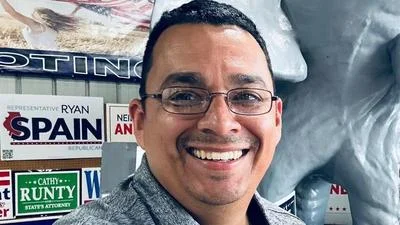C.G.H. Medical Center issued the following announcement on Jan. 21.
The majority of lung cancers occur in people who either are or used to be smokers. But that's not always the case.
In fact, a recent study published in the journal JAMA Oncology found that about 12% of people newly diagnosed with lung cancer had never smoked. Most of them were women, some younger than 50 years old.
How does a nonsmoker get lung cancer?
By not smoking, nonsmokers avoid the highest risk for lung cancer. But there are other ways to get the disease. For example:
Radon gas. Radon is an invisible, odor-free gas that occurs naturally in rocks and soil. But sometimes radon can get inside houses and other buildings, where it may raise the risk for lung cancer in people living or working inside. According to the U.S. Environmental Protection Agency (EPA), radon is the No. 1 cause for lung cancer in nonsmokers.
The EPA recommends that every home undergo testing for radon. If it is present, there are steps you can take to lower the levels in your home.
Secondhand smoke. Even if you don't smoke yourself, secondhand smoke from other people's cigarettes, pipes and cigars can cause cancer. The American Cancer Society says that about 7,000 adults die each year from lung cancer caused by secondhand smoke. Stay away from people who are smoking. And make your home and car smoke-free zones.
Workplace exposure. Some people come into contact with cancer-causing substances at work. These may include:
- Arsenic.
- Uranium.
- Asbestos.
- Diesel exhaust.
Air pollution. Air pollution may increase the risk for lung cancer, especially if you live near heavily trafficked roads.
Genetic mutations. People who have never smoked may have mutations in genes that cause lung cancer. If your family has a history of lung cancer, ask your doctor what you can do to lower your risk.
Smoking is still the greatest risk
Smoking causes 80% to 90% of all lung cancer deaths in the U.S., according to the Centers for Disease Control and Prevention. If you smoke, talk to your doctor about quitting.
And learn what you can do to avoid cancer by visiting our Cancer Prevention health topic center.
Original source can be found here.

Source: C.G.H. Medical Center




 Alerts Sign-up
Alerts Sign-up